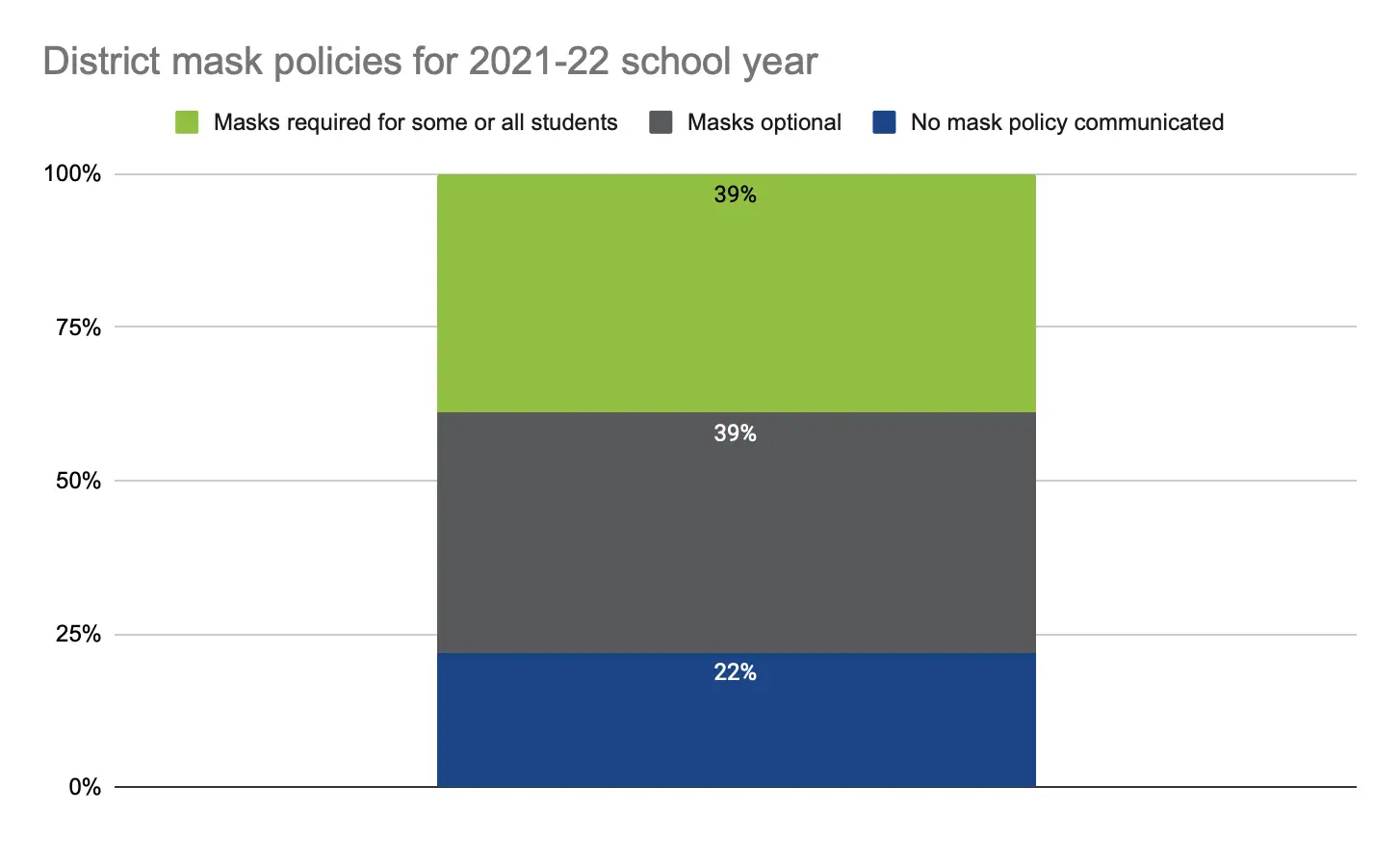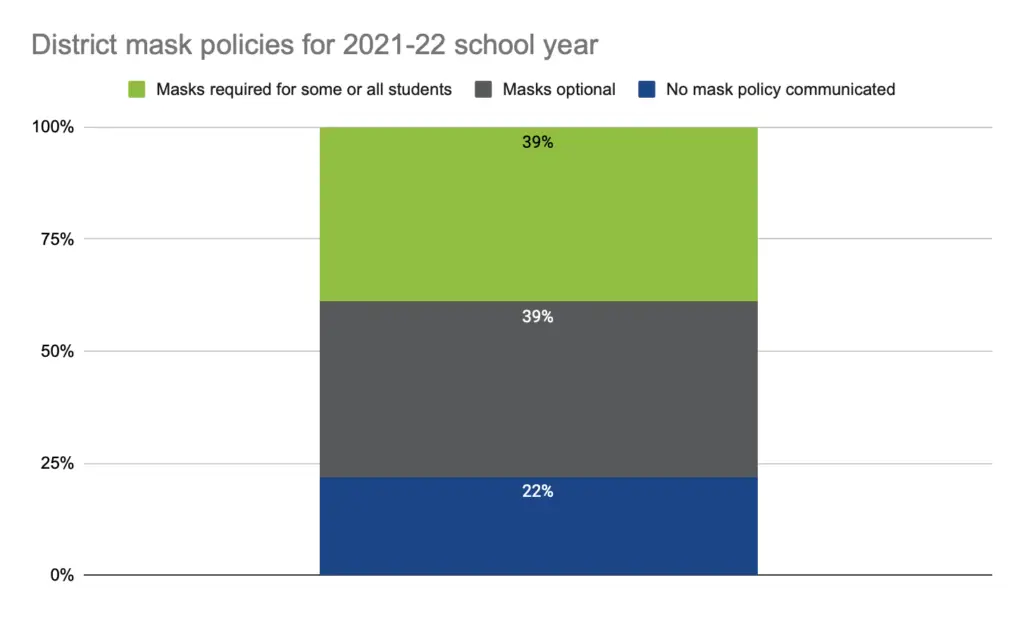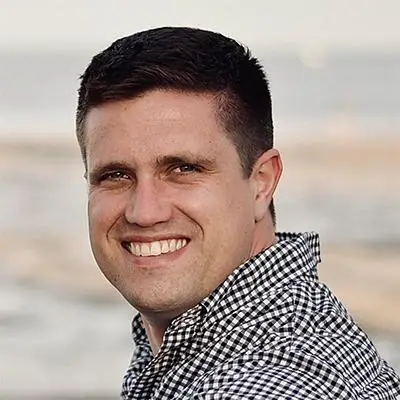Surging COVID-19 case counts in many parts of the country have complicated a critical task for our nation’s schools: keeping kids safe and keeping them learning in the coming year.
More contagious variants of the virus raise the specter of disruptions when students return to classrooms this fall. Polarized politics make it even harder for school leaders to ensure students will have safe, consistent learning experiences throughout the school year.
We’re conducting an ongoing analysis of 100 large and urban school districts, and we see signs of paralysis. The vast majority (87) have not published any information on their websites or social media about contingency planning should another COVID surge threaten students’ safe return to school.
The Centers for Disease Control gave local school leaders cover this week, with updated guidance saying masks still provide an important layer of protection—especially for students who are too young to be eligible for vaccines.
But the new guidance may not be enough to avoid the missteps of last summer when public health fears forced school districts to alter their reopening plans, setting students up for a year of chaos and disruptions they can’t afford to repeat. School districts need more help from state and federal leaders to avoid political battles and keep their focus where it should be: on teaching and learning.
As of last week, districts were split on mask mandates. Our analysis showed about a third plan to require masks, a third will make them optional, and a handful are restricting mask mandates to certain student groups. The rest were silent.

While some families will opt for remote learning until there are local mask mandates, others will resist masking policies. The CDC’s guidance should help district leaders communicate the importance of masks to families. But some state leaders have sown confusion by railing against mask mandates, or even threatening legislative action to stop them.
Without clear, reassuring information from all layers of government, speculation fuels fear. Unfortunately, most districts have been publicly silent.
Meanwhile, Facebook pages and online chat boards are blowing up with parent concerns about what they’re going to do this coming school year. Parents are talking publicly about COVID challenges even if districts are not.
We advise state leaders take three steps to keep kids safe and learning, throughout the year:
- Lead with student safety, not politics. State leaders owe it to students to quell political fights over masks by pulling back overreaching laws banning districts from planning their own mask policies. States that don’t require masks should require districts to plan for other student protections via proven prevention strategies like COVID-19 testing, ventilation, and physical distancing.
- Set clear expectations for contingency planning. States must ensure schools and districts follow the lead of California’s Stockton Unified School District, which released a clear message to families in early July about mask requirements, remote learning options, and guidelines for when sick people should stay home to make sure students are safe.
- Prioritize safe in-person learning, but ensure every student who needs high-quality online options can access them. States should help districts develop online schools that improve on pandemic-era remote learning. Students who choose online schools should have access to learning pods or other in-person support if they need it.
Parents have not forgotten the confusion and misdirection of last July, when school systems preparing for a return to in-person schooling made a rapid reversal after case counts started rising.
That chaos came with a cost. New estimates suggest students missed out on as much as four to five months’ worth of learning last year. Schools owe students a chance to gain back the learning opportunities they were denied last year. They cannot afford to squander another year because of tepid leadership and political squabbling.






